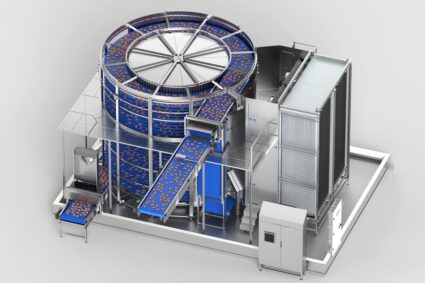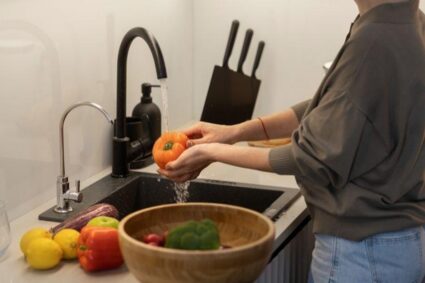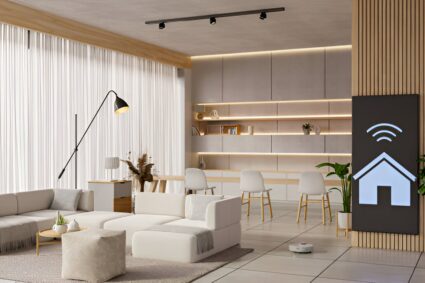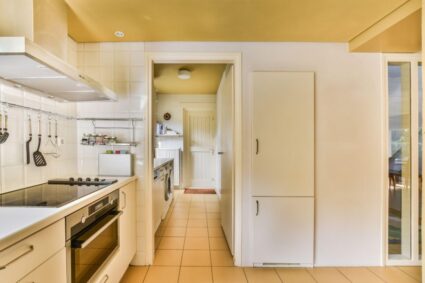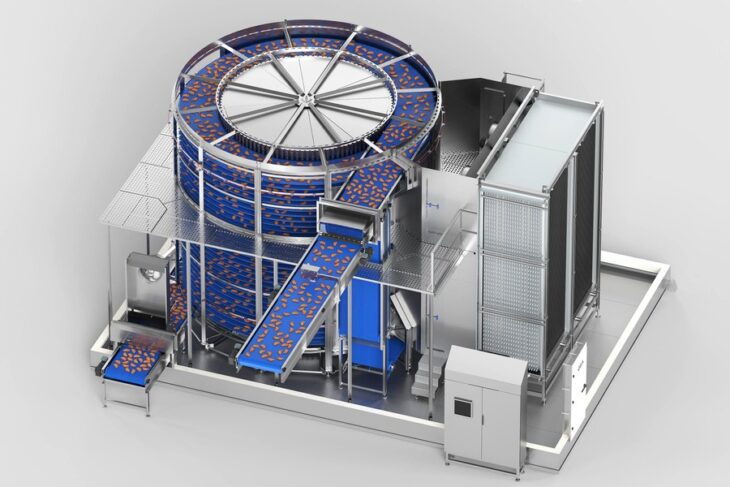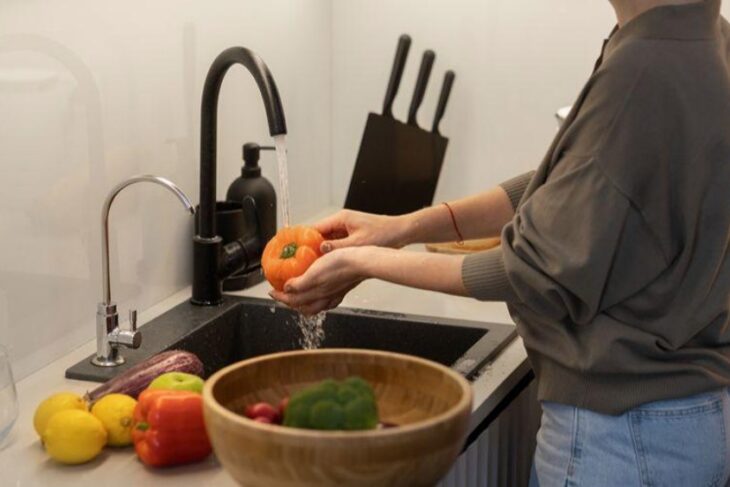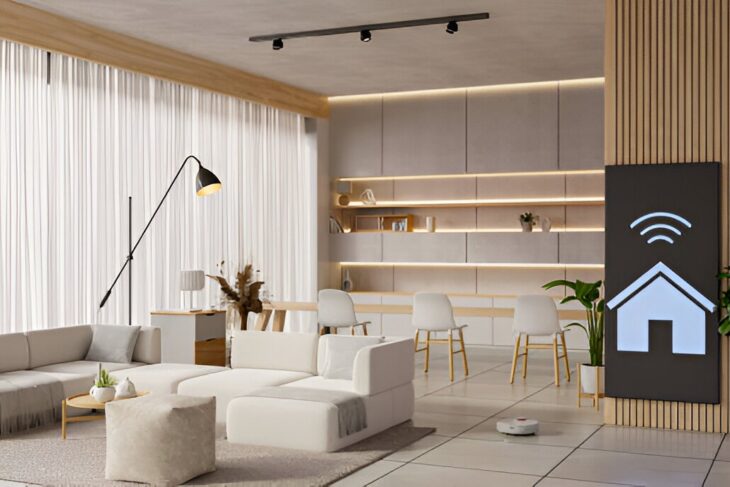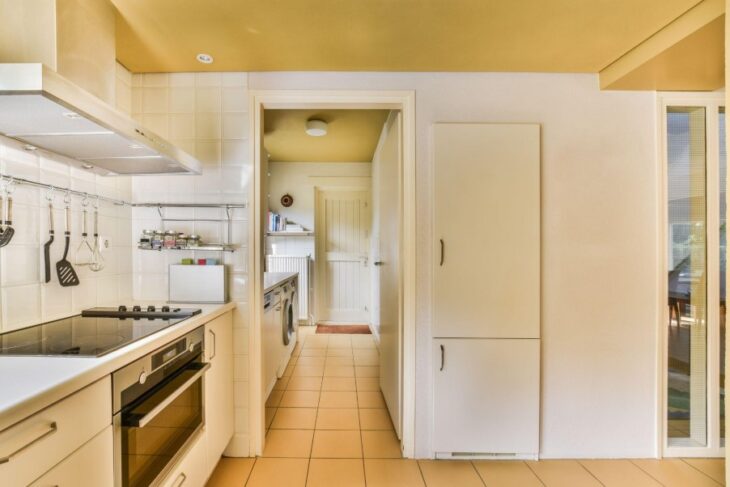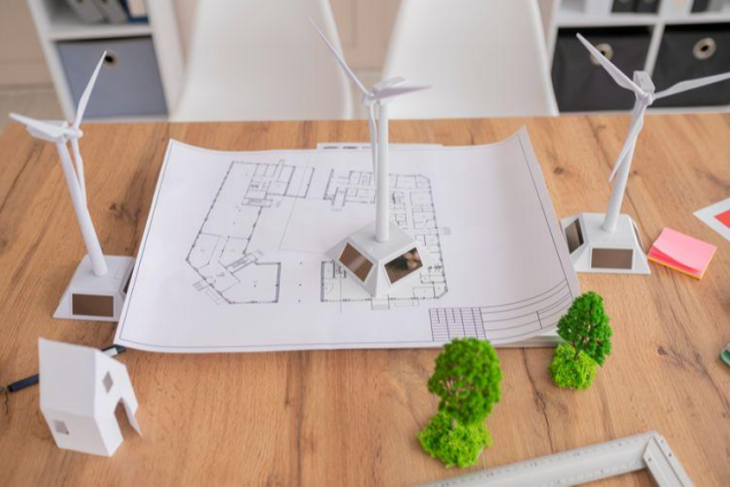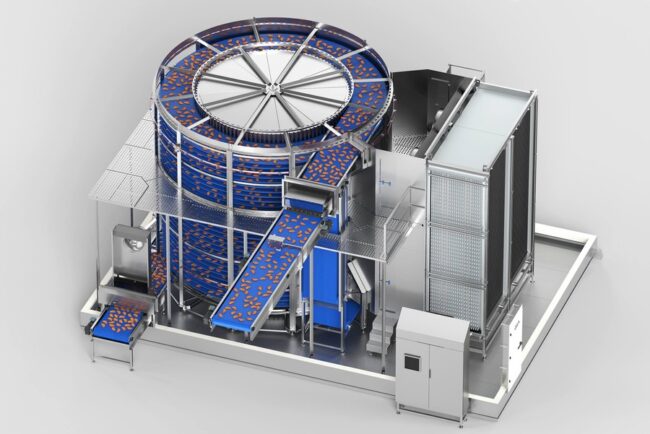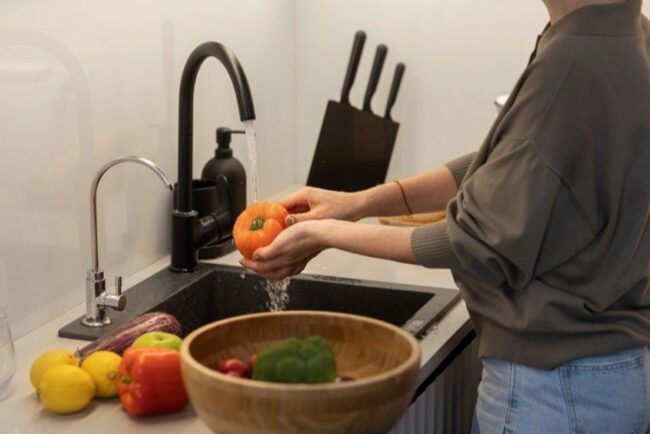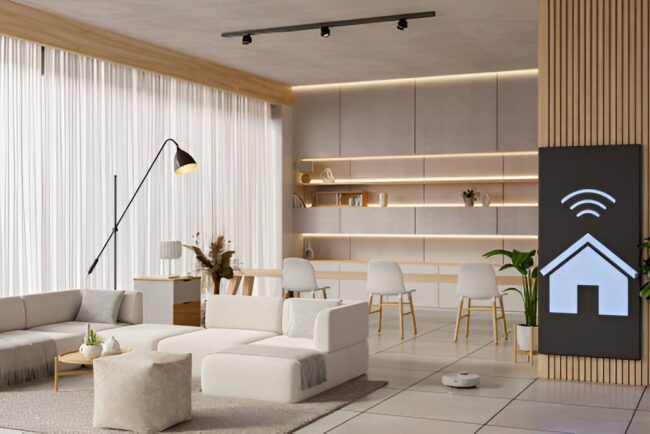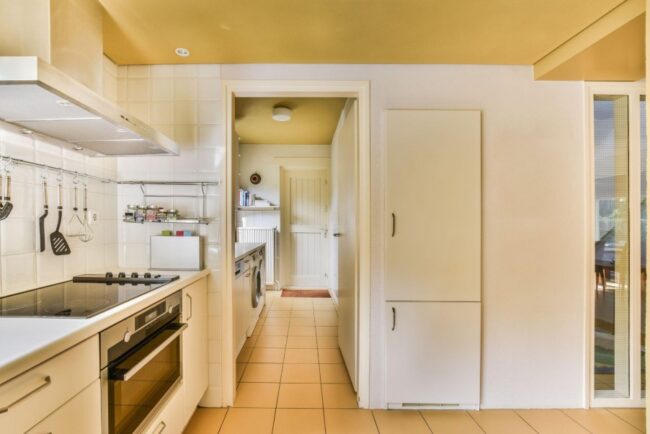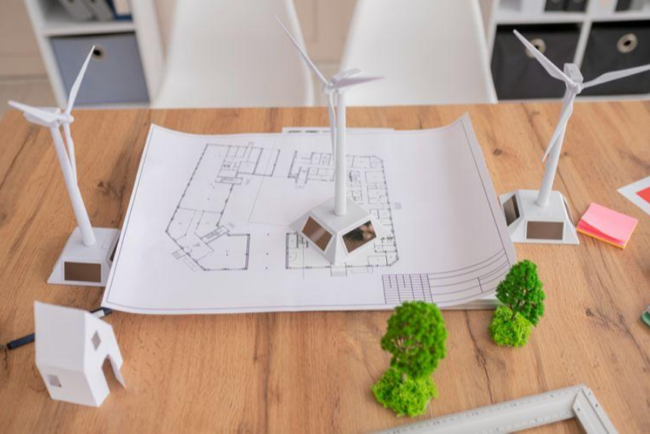
Over the past few years, smart toilet bathroom bidets have become increasingly popular in Singapore, fueled by a rising focus on cleanliness, convenience, and technological advancements. With consumers placing greater importance on personal well-being and eco-friendliness, the market for bidet toilet seats is experiencing a steady increase.
Evaluate the advantages and disadvantages of incorporating smart toilet bidets, highlighting their economic, health, and environmental benefits.
Initial Investment vs. Long-Term Savings
Initial Costs
Investing in a smart toilet bidet requires a substantial upfront cost. High-quality models can range from SGD 500 to SGD 2000, depending on features such as heated seats, adjustable water temperature, and advanced cleaning functions. Installation costs can also add to the initial expenditure, especially if modifications to existing plumbing are necessary.
Long-Term Savings
Despite the high initial investment, smart toilet bidets can lead to significant long-term savings. Traditional toilet paper usage is drastically reduced, resulting in lower monthly expenses. The annual savings can range from SGD 120 to SGD 240 for a household that spends SGD 10-20 on toilet paper each month. Over ten years, these savings can offset the initial purchase and installation costs.
Health and Hygiene Benefits
Enhanced Personal Hygiene
Smart toilet bidets offer superior cleaning compared to toilet paper. Using water ensures a thorough and gentle cleanse, reducing the risk of infections and improving overall personal hygiene. Features like adjustable water pressure and temperature cater to individual preferences, enhancing the user experience.
Health Advantages
Automatic toilet bidets are particularly beneficial for individuals with certain medical conditions, such as haemorrhoids, irritable bowel syndrome, or mobility issues. The gentle cleaning action reduces irritation and discomfort, promoting better health outcomes. Additionally, many modern bidets come with built-in air dryers, eliminating the need for wiping and further reducing skin irritation.
Environmental Impact
Reduced Paper Consumption
One of the significant environmental benefits of using a modern toilet bathroom bidet is the reduction in toilet paper consumption. The production of toilet paper involves deforestation, water usage, and energy consumption. By reducing the demand for toilet paper, bidets contribute to a decrease in environmental degradation. This benefit aligns with Singapore’s commitment to sustainability and reducing its carbon footprint.
Lower Water Usage
Contrary to popular belief, bidets can be more water-efficient than traditional toilet paper. The water used by a bidet per use is significantly less than the water required to produce the equivalent amount of toilet paper. Over time, this reduced water usage can contribute to substantial environmental savings.
Convenience and Comfort
User-Friendly Features
Smart toilet bidets come equipped with various features designed for convenience and comfort. Heated seats, night lights, and remote controls are common in modern models, enhancing the overall user experience. Some advanced models even offer personalised settings, allowing users to save their preferred water pressure, temperature, and nozzle position.
Improved Bathroom Experience
The incorporation of modern technology into bathroom fixtures elevates the overall bathroom experience. Users can enjoy a spa-like feeling every day, which adds to the perceived value of the investment. This improved bathroom experience can also increase the overall value of a home, making it a worthwhile investment for homeowners considering future resale.
Potential Drawbacks and Considerations
High Initial Costs
The primary drawback of smart toilet bidets is the high initial cost. This cost can be a significant barrier for budget-conscious consumers. However, the investment can be justified considering the long-term savings on toilet paper and the potential increase in home value.
Maintenance and Repairs
Smart toilet bidets require regular maintenance to ensure optimal performance. This includes cleaning the nozzles, replacing filters, and occasional professional servicing. Additionally, repairs can be costly if any of the electronic components malfunction. Consumers should factor in these potential costs when evaluating the investment.
Conclusion
Investing in a bidet toilet seat in Singapore offers a strong argument when evaluating the cost-benefit analysis. Despite the high initial expenses, the potential long-term savings on toilet paper, increased personal hygiene, environmental advantages, and enhanced user experience justify it as a valuable investment. With the continuous advancement of technology, the features and affordability of modern toilet bidets are expected to improve, reinforcing their value proposition. Smart toilet bidets provide a convenient and advantageous choice for individuals looking for a contemporary, effective, and environmentally friendly bathroom solution.
Visit TOTO to transform your bathroom into a sanctuary of modern luxury!


